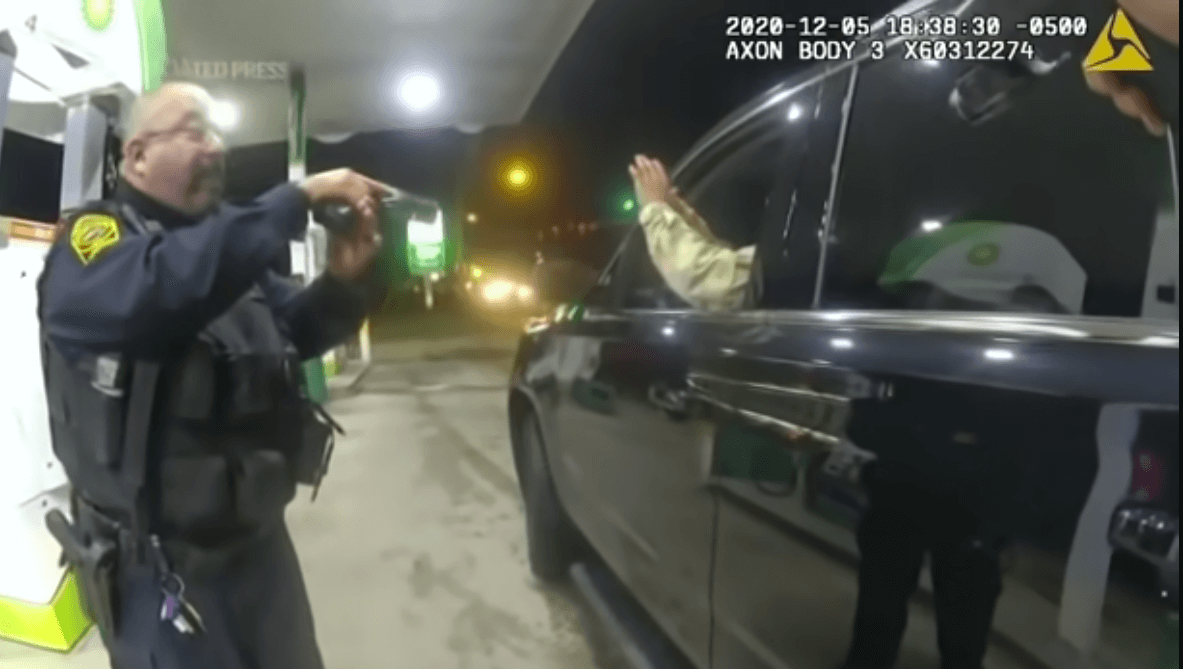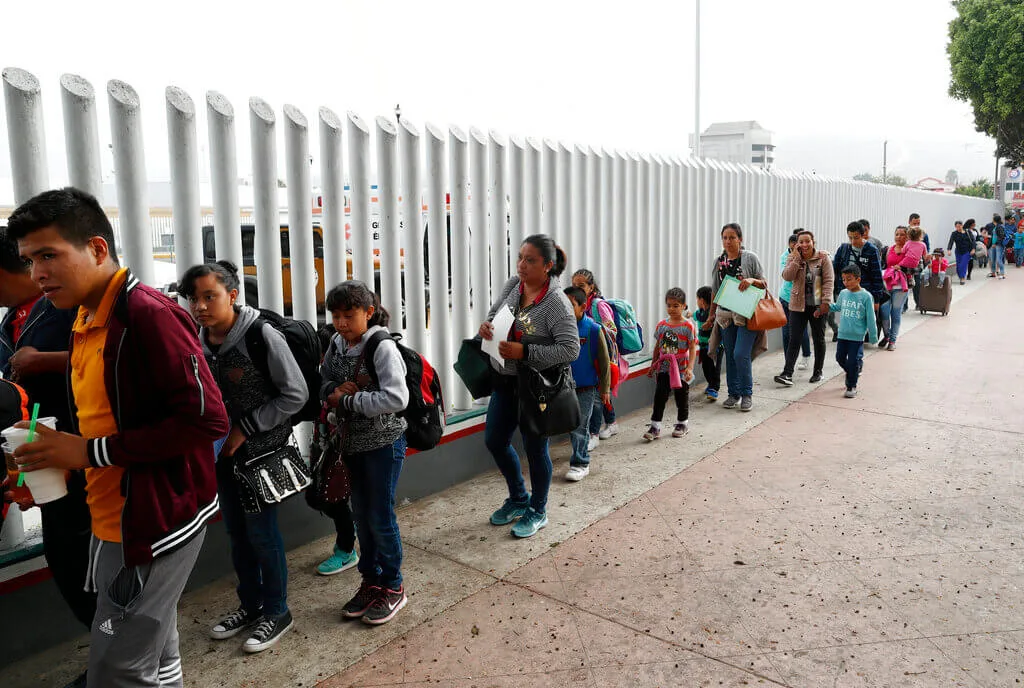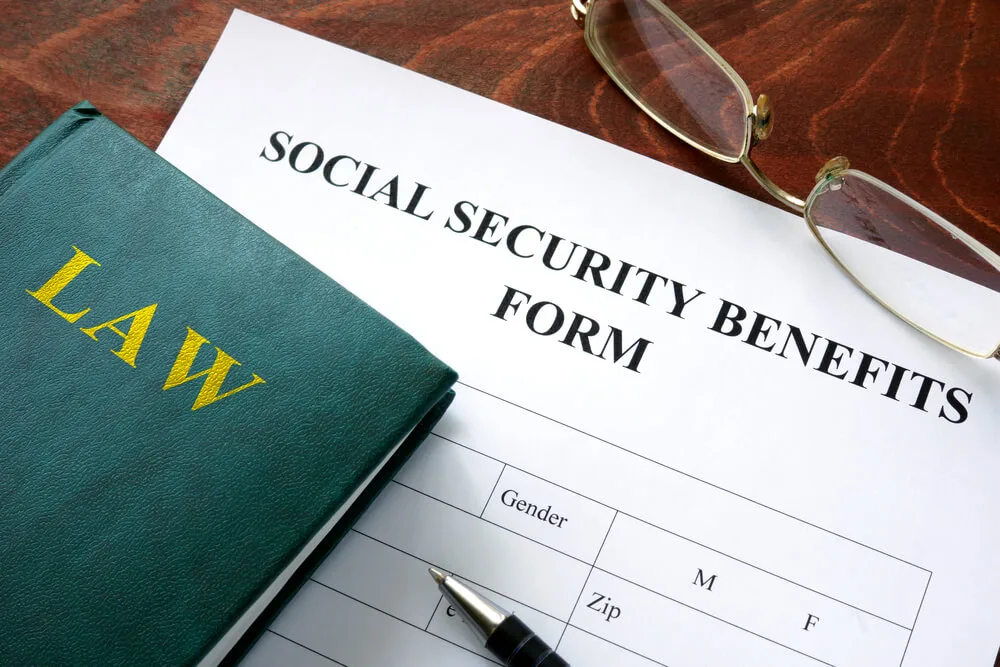
Image via courtesy of Ada Meléndez for The Americano
“Layla’s sister gave the policemen the video and they found them. That gave me great relief,” said her grandmother. “But it won’t bring my girl back.”
The notorious killing of Layla Peláez (23) and Serena Vázquez (32) that took place in Humacao, Puerto Rico on April 22nd has left more than one family broken. For Ada Meléndez — Layla’s grandmother who raised her since she was born — her life will never be the same without Layla coming home for breakfast or lunch every day she was in town.
Layla had moved to Queens, NY five years ago with her childhood friend, Serena Velázquez, the other victim of this hate crime. They were visiting the island together because Layla wanted to change her driver’s license to be identified as a woman. (Serena had done the same a few months earlier.)
“Her [23rd] birthday was on the 10th of April, which was a Good Friday,” says the grandmother. “On the morning of the 21st [the day before she was killed] she was here, having breakfast with me. She ate and then left. We spoke over the phone that day at 6:35 PM.”
WATCH: Ada Meléndez is speaking out. In a heartbreaking interview, she told us about Layla’s life — and why she doesn’t want the death penalty for her granddaughter’s killers
By then, Puerto Rico was already put on lockdown due to the Coronavirus pandemic with a strict curfew in place. “She told me she was home, because it was already the time one couldn’t go out,” remembers Ada. “Those are the last words I spoke with her. On the 22nd, at 4 in the morning she was a cadaver.”
“Layla Never Lied About Being a Trans Woman”
When she was 11 years old, Layla openly discussed her orientation with her grandmother.
“She was already aware of that,” says Ada. “Her testicles did not release and hang as usual, so she realized she wanted to be a girl, that she wasn’t going to be a man. I accepted her as she was. I accepted her. To her I said, I love you any way you are. If you are like that, then that’s better.”
Juan C. Pagán Bonilla (21) and Sean Díaz De León (19), the two men arrested by local police in connection with the double murder, are now in custody of the FBI and may be extradited to the mainland. If that happens, they could face the death penalty —which is ilegal in Puerto Rico—, depending on what state they are transferred to.
Pagán Bonilla and Díaz De León confessed to the crime and alleged that they killed Serena and Layla as “revenge,” and “and once they found out they were transgender women, they decided to kill them.”
For Ada, these allegations are “incredible” because “she never had problems with no one.”
“On the contrary,” she adds. “She was a girl who brought peace with her whenever she went.”
When questioned about the possibility of death penalty for the men who killed Layla, Ada seems to be convinced that they already have their punishment.
“They ask if I think they deserve the death penalty and I say no,” the woman says. “May God do whatever he deems to do. I don’t wish death on anyone. If they [the police] caught them, they have to do what justice tells them to do. I cannot tell them that I want the death penalty for them, or a life sentence. Justice takes care of that. They will know what to do.”
RELATED: EXCLUSIVE: “I Forgive My Daughter’s Killers”
WATCH: Betsy Ramos is speaking out. In a heartbreaking interview, she told us about Serena’s life — and why she forgives the killers
Off to a Rough Start
Layla was born stillborn, and resuscitated—an almost miraculous situation, that usually leads to health conditions and impairments later in life.
Ada remembers vividly how Layla spent her first year of life at a hospital intensive care unit in San Juan. “She weighed two pounds when she was born,” she says. “When she weighed more pounds — a year after she was born — she was released. She grew up with me from that moment on.”
Layla’s first years of life were not easy, as Ada recalls. She studied in Naguabo from the first to ninth grade but never finished High School. “She took special ed classes, I imagine due to the scant pounds she weighed when she was born, this made her lack some learning skills. But she was always happy, I always took her down the good road, she didn’t have any enemies. She and I have been together since she was a little girl, she was a very good girl.”
A Very Private Adult Life
When she heard the news about her “daughter’s” death, she felt great relief knowing that the “bandits” were caught thanks to Layla’s sister sharing the last video she had seen of her with the cops. “That gives me great relief. I wanted to tell the Lord, Lord, get those two bandits killing innocent people where they go. That they don’t carry on killing innocent lives.”
Ada is a woman of faith who, like Serena’s mom, believes in forgiveness. The authorities were able to arrest the killers thanks to Layla’s family. And while this makes Ada feel proud, she wishes Layla would have left the island earlier to go back to her apartment in Queens.
“They killed her on Wednesday the 22nd, and the 29th was the day she was leaving,” Ada says. “That day she was going to New York; the same day they arrested those guys.”
To Other Mothers and Grandmothers of Trans People
Ada is trying to comprehend how her days are going to transcur now that she can’t have breakfast with Layla again.
“There is no consolation. I stay with my memories and the time I had her in my life…nothing more. They took my life with hers.”
For Ada, Layla was a daughter, more than a granddaughter. “No one knows how it feels for a mother when they take her child’s life on the road, be it the way it may be, one never knows how much a mother suffers. It’s not easy. I hope what I’ve told you helps. When I talk about her, my blood pressure goes out of control. It makes me feel very ill.”
When asked what piece of advice she could spare for other mothers of trans people, especially as Mother’s Day approaches, Ada says even though Layla was always accepted for who she was, “she wanted more. I would love her even more. You have to give trans people a lot of affection. When you know a person is like that, you have to give them a lot of love. Lots of love. And that I did. I listened to her with lots of love. I was like a mother to her. She was a girl, she was my little girl.”
Politics

Teamsters and UPS Reach Tentative Deal to Avoid Strike, 340,000 Workers to Get Raises
The tentative deal represents a huge win for full- and part-time UPS Teamster workers, who would get significant pay raises and better working...



One Republican Senator Is Blocking 265 Military Promotions, Leaving the Marines Without a Confirmed Leader
Sen. Tommy Tuberville's decision means these military officers are not getting the pay raises they’re owed, cannot move their families to wherever...
Local News



Teamsters and UPS Reach Tentative Deal to Avoid Strike, 340,000 Workers to Get Raises
The tentative deal represents a huge win for full- and part-time UPS Teamster workers, who would get significant pay raises and better working...



One Republican Senator Is Blocking 265 Military Promotions, Leaving the Marines Without a Confirmed Leader
Sen. Tommy Tuberville's decision means these military officers are not getting the pay raises they’re owed, cannot move their families to wherever...




